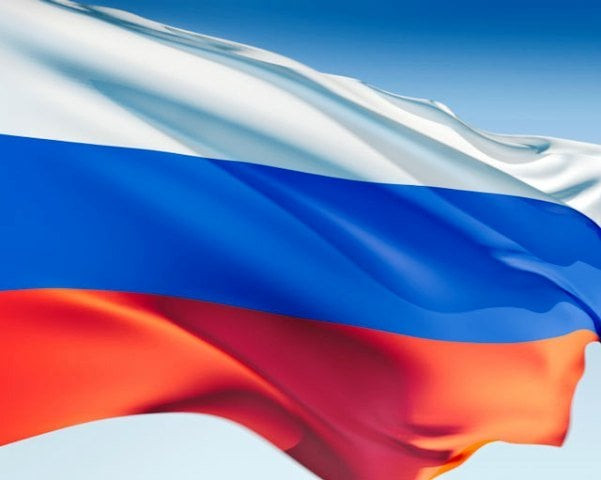‘Tashkent Declaration would not have been possible without Russian help’
Russian diplomats all over the world mark February 10 as the Diplomats’ Day.

PHOTO: FILE
Honouring the people who facilitate dialogue between warring nations and other groups, the Consulate General of the Russian Federation organised a reception for diplomats, businessmen and media personnel to mark the Diplomats’ Day on Monday. Russian diplomatic corps all over the world mark February 10 as a professional holiday. It was established by a decree by then-president Vladimir Putin in 2002, to commemorate the founding of the Russian Diplomatic Service in 1949.
A video was played during Monday’s reception that recounted Russia’s role in bringing peace to the South Asia region, when it brokered the Tashkent Declaration between India and Pakistan in January 1966. The video showed the then-chairperson of the Soviet Union, A N Kosygin, arranging meetings between Pakistan’s President Field Marshal Ayub Khan and Indian Prime Minister Lal Bahadur Shastri, to bring about an end to the Indo-Pak War of 1965.
While the two neighbouring countries are not fighting anymore, there are several other hotspots all over the world to keep diplomats busy. “These are difficult times for the world. The only way to settle each and every dispute is through diplomacy,” observed Russian consul-general Andrey Demidov while talking to The Express Tribune. Demidov said that he and his fellow diplomats sit back on the Diplomats Day every year, and analyse their performance in the past year and recall all that they achieved through diplomacy.

The consul-general said that the Russian government was working on strengthening its diplomatic ties with Pakistan, and hoped that the countries can work together and achieve great things. “Our Senate chief, Valentina Matvienko, would visit Pakistan by the end of this month or in the first week of March. She would discuss a range of issues, including developmental projects and diplomatic relations [with Pakistani authorities.” She added that Russian President Vladimir Putin would also soon visit Pakistan.
Demidov added that the Russian government would invest $500 million on upgrading the Pakistan Steel Mill. Coincidentally, it was with Russia’s help that Pakistan had built the steel mill in the 1970s. The Russian official also hoped that the two countries could also trade in leather goods and surgical instruments. However, Demidov acknowledged that “security was a big issue which made Russian businessmen hesitant in investing in Pakistan”.
Ruslan Khayrullin, a visa officer at the consulate, told The Express Tribune that Russian authorities had set fairly easy conditions for Pakistani citizens who wanted to visit Russia on a tourist visa. “We have made the tourist visa process very easy for Pakistani citizens, and they can visit Russia more easily than other countries.”
Published in The Express Tribune, February 13th, 2013.


















COMMENTS
Comments are moderated and generally will be posted if they are on-topic and not abusive.
For more information, please see our Comments FAQ